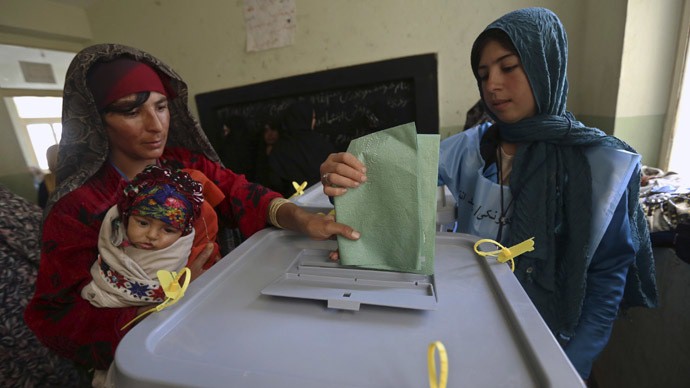During their election campaigns, the two leaders promised to reform the Independent Election Commission (IEC) and Independent Electoral Complaints Commission (IECC) after broad-based consensus. The leaders had plans when they were contesting the polls. However, it has been nearly two years that they have not materialized their plans. They have not reached consensus on the timeline, scope and nature of reforms in the two electoral bodies. The result is delayed Wolesi Jirga and district councils election. It has created several legal issues. Legitimacy of the Wolesi Jirga is under question because it has completed its term mentioned in the Constitution. If the laws were implemented in letter and spirit, most of the Wolesi Jirga’s decisions including approval of the presidential decree and bills after its five years term would have no legal ground to stand on. The decisions could be challenged in the apex court.
The problems do not lay in the rules and regulations governing the two electoral bodies. But, public trust over the election commission decreased due to nepotism and favoritism in the body. Officials at the IEC and IECC remained at core of the problem. Perhaps, the leaders do not want to address this issue that’s why they have not reached an agreement. If they really want a neutral election commission with great check and balance, they shall overcome their differences on the mechanism and timeline. Afghanistan is not the first and nor will be the last which would reform its electoral system. Therefore, the National Unity Government (NUG) leaders should learn from the democratic countries in the near and far neighborhood. As India is a biggest democratic country in the world and a time-tested friend of Afghanistan, the Afghan leaders shall ask New Delhi for support to overhaul the exhausting electoral bodies. India is ready to help Afghanistan in this aspect.
Elections in Afghanistan always present a scene of a tug-of-war because the candidates want to win the polls at any cost. They do not hesitate in finding legal and illegal ways to reach the halls of power. Thus, only electoral reforms will not help. The government and general public, together, have to fight the mindset. Democracy will remain fragile unless this mindset was fought on intellectual, political and legal fronts. Rigging and influencing the polling process give birth to regime. Regimes are not supported by public and thus, have fear of collapse before completing the term. The current government is a good example to see and analyze to what extent the public mandate and opinion matter.
To overcome the ongoing political crisis, the leaders must build consensus on the electoral reforms to hold the parliamentary and district councils’ elections.
 Afghanistan Times
Afghanistan Times




